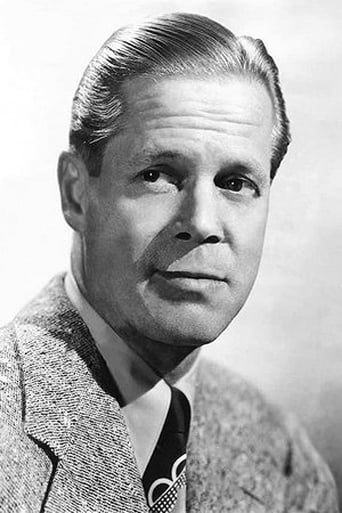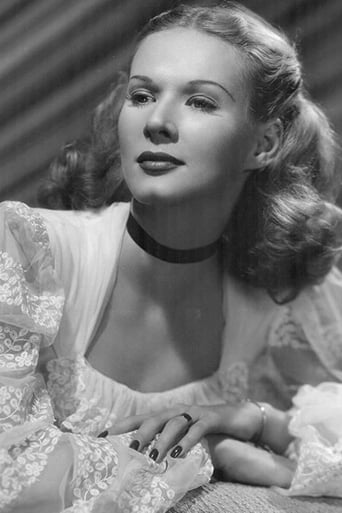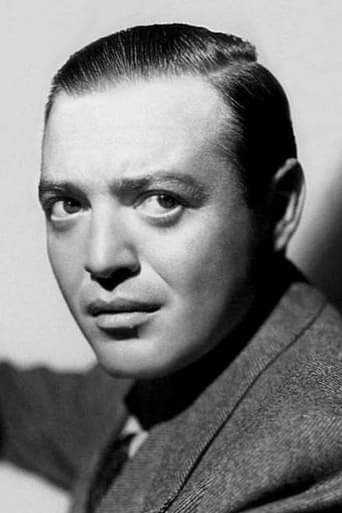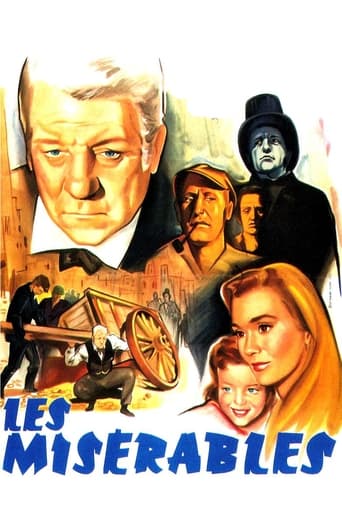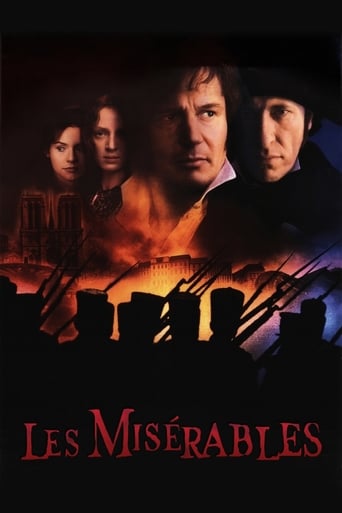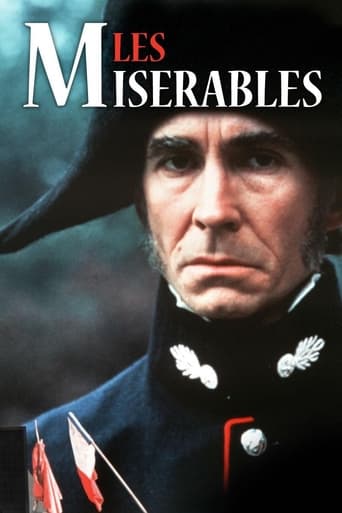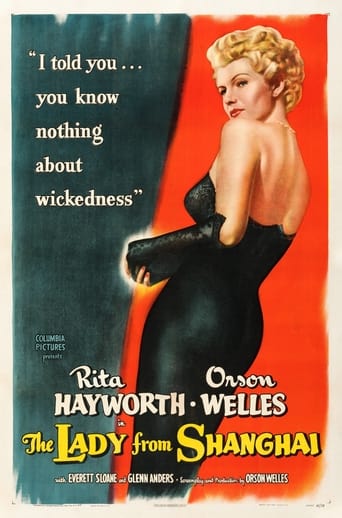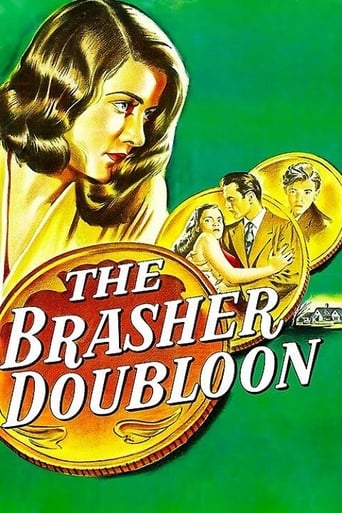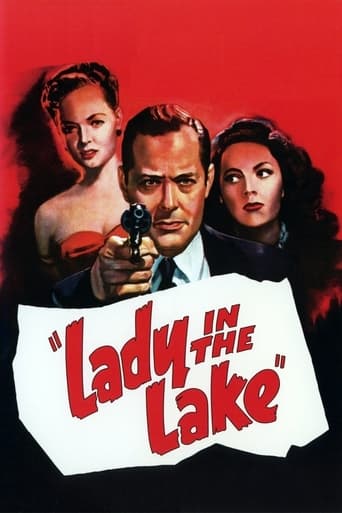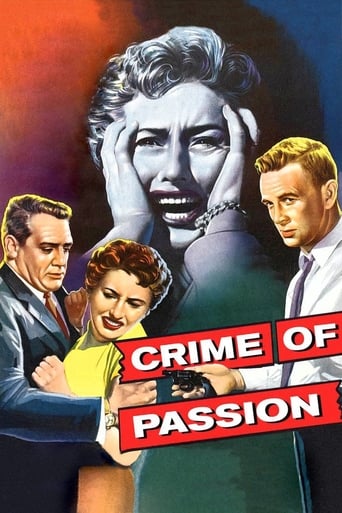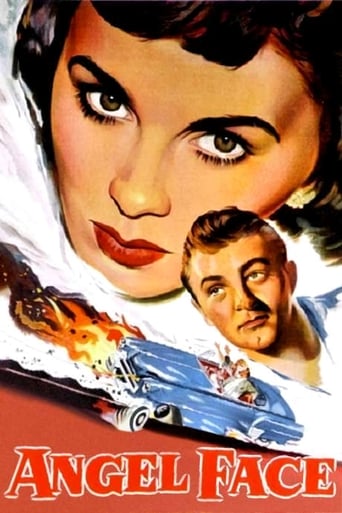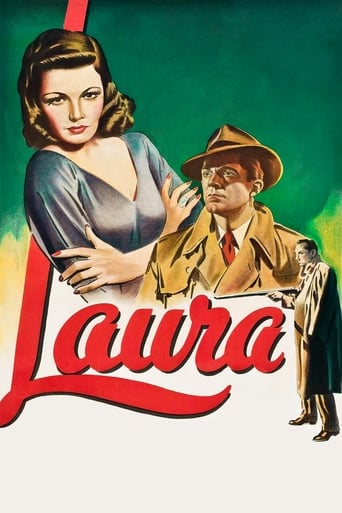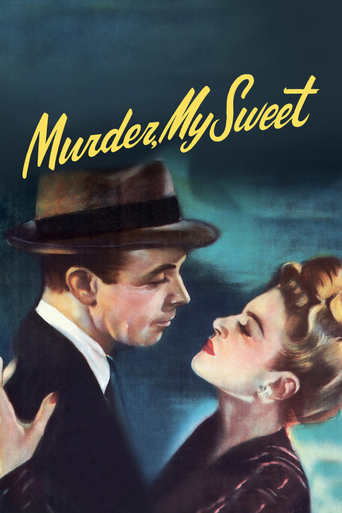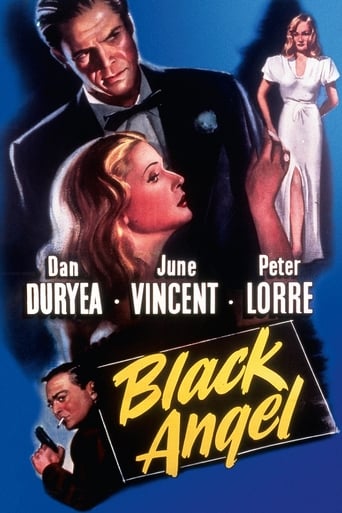
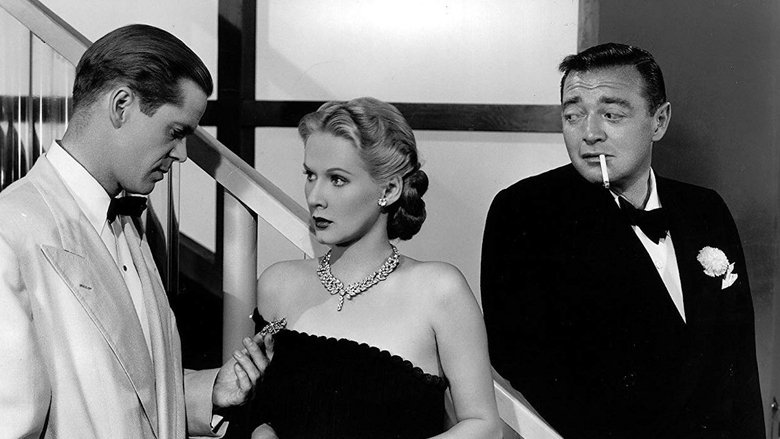
Black Angel (1946)
A falsely convicted man's wife, Catherine, and an alcoholic composer and pianist, Martin team up in an attempt to clear her husband of the murder of a blonde singer, who is Martin's wife.
Watch Trailer
Cast


Similar titles
Reviews
I hate to carp, but this mostly watchable film, Roy Neill's last, is not film noir at all, although it has elements of mystery and crime drama combined. A weak and wayward script introduces Duryea arriving on a gritty Wilshire Blvd and then leaves him out of the film for twenty minutes; dispenses with the most interesting character of the film, singer Mavis Marlowe (wonderfully played by Constance Dowling) after ten minutes; presents a completely new character, Kirk Bennet, without any introduction or setting, as the husband of still another unknown character, a Mrs Bennet (June Vincent), who turns out to be the central female role; and even presents us with a completely anonymous character who seems to be central to Duryea's Martin Blair -- a wavering tippler- turned-songwriter -- who flits in and out of the film like a jack-in- the-box without explanation or rationale, but seems very concerned about Blair's well-being (is he his agent? his manager? a liquor salesman? We'll never know.) Neill directs this ambivalent script with occasional flair, like the sweep up from street-level Wilshire Blvd to Mavis Marlowe's flat on an upper floor of the apartment building across the street, which we then enter via a crack in the Venetian blinds. But much of the film is wasted on unnecessary moments like Bennet's trial, or Bennet being grilled by an almost-svelte Broderick Crawford playing the hard-boiled police captain (complete with an early version of what today is called good cop-bad cop.) I didn't like the film but Paul Ivano's photography is captivating and the film-score is unique: many popular songs found in big studio B&W's from this period (just before and just after WW II) can be banal and lifeless, but the three songs featured in Black Angel are well-crafted and complex songs in the popular idiom of the day. They are well-integrated into the plot, well-sung, and with stirring and original Jack Brooks lyrics and subtle melodies from Edgar Fairchild. Frank Skinner's score is also stirring and grand. BTW, June Vincent is not singing and Duryea is definitely not playing piano, for those curious: his fingers remain taut and straight throughout his first number, and in pianism the hand must be slightly arched if it is going to strike keys; but both he and June Vincent are well-mimed. This is good B entertainment, but contains about three plots in one: who did the murder, will the Duryea-Vincent match-up work out, and will the Duryea character ever recover from his alcohol addiction? Actually a fourth story line, will the Kirk Bennet character be saved from the gallows, is thrown in for good measure. Worth watching for the good acting, the unique pairing of Duryea-Vincent, the good photography, and Lorre's thinly-scripted but always-nearly-sadistic characterization of Duryea's nemesis.
I first saw Duryea long ago in Ministry of Fear where his bit dialing a phone number with a pair of scissors got my attention, and over the years his bad boy characters enlivened many a film. While not a deliberate scene stealer, he had a presence that took the spotlight away from the stars he supported, such as in the riveting final scene of Criss Cross. But in Black Angel HE is the star and that's what makes this film special. We first meet him at his worst, drunk and disorderly, a man drowning his sorrows after being dumped by his gorgeous, nasty wife, who has since been murdered. But when Duryea meets June Vincent, he shapes up and love blooms. We root for Vincent and Duryea to find the murderer so Vincent can divorce her cheating husband, marry Duryea, and live happily ever after in her cozy home in the suburbs of L.A. How very likable and nice are Vincent and Duryea. And how nice it is that neither of these likable people, mutually attracted as they are, acted on their feelings which, kept in check by the demands of sleuthing, are simmering just beneath the surface. However, the film's attempt to blend the story of a drunk reformed by love with a murder mystery does not quite succeed. But the schizophrenic screenplay does give Duryea the opportunity to deliver a star turn and he gives a dynamite performance. Black Angel is not considered a classic by the cognoscenti, but it's numerous virtues make it worthy of repeat viewing, especially when you're in the mood to spend quality time with Duryea and company.
Constance Dowling (Mavis Marlowe) is murdered and John Phillips (Kirk Bennett) is sentenced to death as the man responsible. However, his wife June Vincent (Catherine Bennett) is convinced that her husband is innocent. Together with Dowling's husband Dan Duryea (Martin Blair), she follows a trail that will hopefully lead her to the killer before Phillips is executed.....This film starts with a string of camera gimmicks that leaves you thinking "This is stylish". And it is. We pan into the apartment of Constance Dowling and get straight into the story with a murder. We soon find our musician heroes, June Vincent and Dan Duryea entertaining at a nightclub owned by Peter Lorre (Marko) who is their main suspect in the murder. Their quest is to find a stolen brooch that will prove the innocence of John Phillips.As far as the cast is concerned, Broderick Crawford is good as the policeman "Captain Flood", Peter Lorre is good value as always with his creepy voice that suggests a simpleton of pure evil, Dan Duryea is fine as a musician and June Vincent is OK but annoying at certain key points, eg, the scene where she is trying to steal evidence from Lorre's safe. She needed to have worked out a better look-out system! Korsakoff's syndrome is at the heart of this story, ie, amnesia that is induced by alcoholism, although once memories are retrieved under this condition, they are just as likely to be pure fantasy. Dan Duryea likes a drink ........ and has a memory problem.A mention must be made of the title. In the original novel, the Black Angel refers to the character of June Vincent who brings destruction to everyone that she comes across, but you would NEVER guess that she is the Black Angel from watching the film. Despite a bad title - it means nothing as there is nothing black about Vincent's character, the film is entertaining and I think that the end of the film was done quite well. The technique used to recount Constance Dowling's final moments was effective and I certainly didn't suspect the perpetrator. There was also a moment that had me laughing at the very start of the film. It starts with a neon sign saying "Gaylord".....ha ha ha........
I wish I couldn't recommend Black Angel, but as it stands it's a passable film-noir that happens to contain some moments of good suspense. This comes, frankly, after the first expectation has been passed aside (to put it this way, if you introduce the gun in act 1, as the director does here with Peter Lorre, you expect by act 5 it'll go off in a BIG way, which it does not here for sure) and we're left with something else that is even more expected. One does hope that things might turn out not so great, actually, to make it more dramatically horrific and worthy of the dark tones of the style and definite noirish characteristics of the lighting. While the actors, mostly Dan Duryea and for what he's worth in an underused role for Peter Lorre, do what they can, it kind of reverts back to what was in the Hayes code at the time, which was that justice must be served and the real criminals couldn't get away with the crime and yada yada.The source material from Cornell Woolrich supplied some good dialog and a mid-section involving the piano player and his singer (quite a team they make for all of five minutes), but I wonder if the material was much the same in the story as here. The ideas of guilt and repression come out differently here, which is the one plus, in that Duryea only comes off like a total sneaky little s*** in one scene (the one right before he goes to drink his head off a second time around), and makes the character almost sympathetic amid drunken hazes and horrible moments of violence. There's a lot going for Black Angel, but the director only realizes some of the possibilities and leaves the rest as B-movie fodder- not even a shot imitating that of Vidor's The Crowd or some interesting "hazy" camera-work can make this truly notable... just, not bad.


